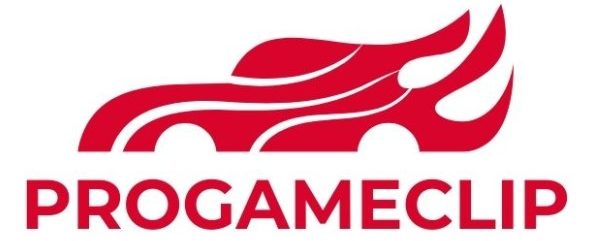Behavior-based job interviews have become increasingly popular in the recruitment process. Many employers believe that this interview method provides a helpful insight into a candidate’s past behaviors and their potential future performance. Instead of hypothetical questions, employers are looking for real-life examples of how candidates have handled difficult situations to assess their suitability for the role.
Preparing for a behavior-based interview requires a different approach to traditional how to prepare for a behavioral interview. You must have a clear understanding of what the interviewer is looking for and the answers you should provide. In this article, we’ll delve into tips on how to prepare for a behavior-based job interview, so you can improve your chances of acing it.
Know the company and the position you’re applying for:
Before the interview, do your research on the company and understand the job requirements. Study the job description in advance and consider which attributes and qualifications you possess that match the responsibilities of the job. You’ll have a clear picture of the required skills and desired characteristics and competencies, which can guide your preparation. By identifying relevant information, you can better tailor your responses to show how you can excel in the role and align with the company’s culture.
Understand the STAR method:
Behavior-based interview questions are best answered using the STAR method. STAR stands for Situation, Task, Action, and Result and is a structured approach to presenting examples of how you have used your skills in a previous role. When asked a behavior-based question, explain how you were in a particular Situation, the Task you had to complete, the Action you took, and the Results you achieved. This method provides a clear and concise way to articulate real-life scenarios and allows the interviewer to assess your skills, personality, and problem-solving abilities.
Prepare for potential interview questions:
In a behavior-based interview, the interviewer might ask open-ended questions to identify how you behave in certain scenarios. Most questions are usually about a time where you had to solve a problem or overcome a challenge. Other common inclusion criteria might focus on your teamwork skills, communication style, decision-making processes, etc. Practice answering questions using the STAR method, noting your specific details such as what you thought at each stage, what you said, and why you made those choices. You can also practice with sample questions easily found online.
Be specific and provide clear details:
When answering behavior-based interview questions, it’s crucial to provide specific details. You will impress the interviewer when you can describe the situation in detail and provide concrete examples of what you accomplished. Specifics help provide a good insight into how you work and your particular skills. Make sure you identify your role in the scenario and use concrete examples to highlight your potential, how you collaborated with others and handled pressure.
Prepare a closing statement:
It’s important to wrap up an interview well. It shows how you can be professional, respectful, and cooperative. Preparing a closing statement that sums up all you’ve highlighted in the interview will help you leave the interview confidently. Use that opportunity to convey genuine enthusiasm for the company and the position you have applied for. Showcase your interest in the company’s vision and how you can contribute to it. Identify why you are the best candidate for the job, and summarize why the interviewer should choose you for the role.
Conclusion:
To ace a behavioral job interview, prepare a compelling pitch based on the company’s values, requirements, and the job description. Identify the STAR method and practice with a range of hypothetical interview questions to hone in on your specific strengths. By providing specific details and being clear, you’ll have a better chance of explaining why you are the most qualified candidate for the job. Finally, always remain professional, confident, and sincere when concluding the interview. By following these guidelines, you’ll be ready to ace your behavior-based job interview and enhance your chances of landing your dream job.
